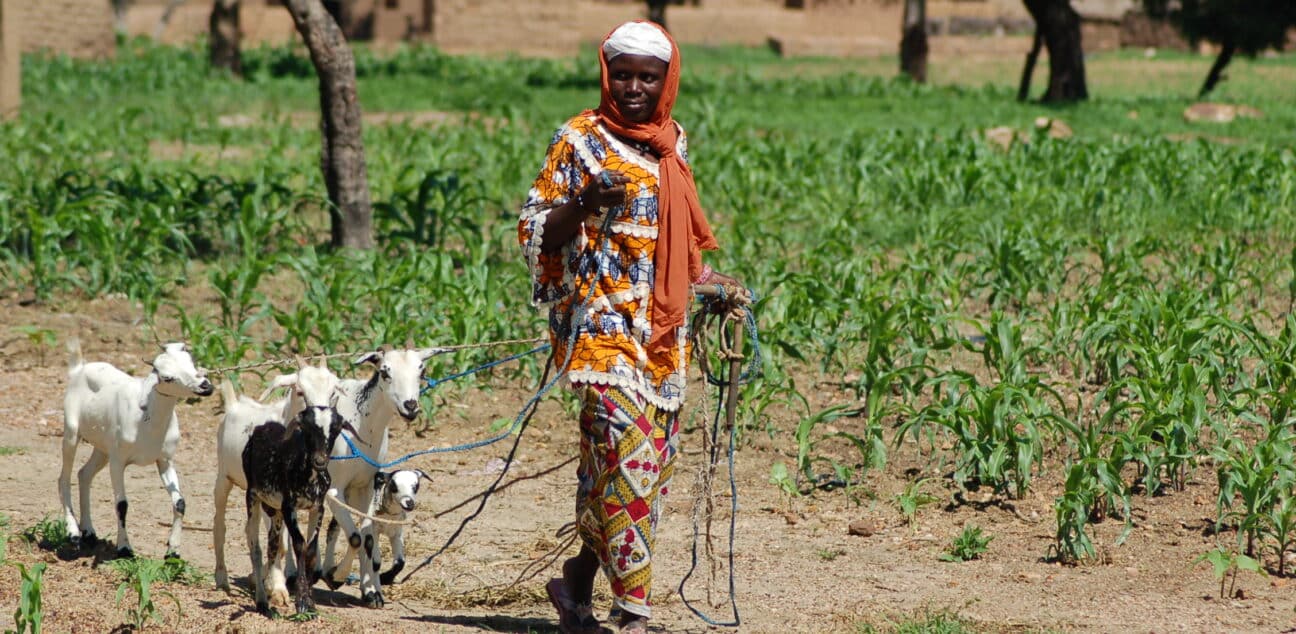UK Aid Connect: progress and processes
Mike Battcock from the Inclusive Societies Department at DFID has provided Bond members with the following update on UK Aid Connect.
It covers the background to UK Aid Connect, the results of the call for proposals and next steps.
“UK Aid Connect was launched at the Bond Conference by the secretary of state for international development in February 2017 and a few months later DFID released the call for proposals.
UK Aid Connect creates solutions to complex problems facing the poorest people. Finding sustainable solutions and achieving results at scale requires policy makers, implementers, civil society, private sector organisations and others to work together in new ways, sharing tools, networks and approaches to achieve better results. UK Aid Connect supports consortia to create innovative solutions to complex development challenges that deliver real change to poor people’s lives.
UK Aid Connect is an integral part of DFID’s funding portfolio and complements the work of UK Aid Match and UK Aid Direct. DFID’s policy engagement through the UK Aid Connect partnerships will ensure continued strategic alignment to DFID priorities and learning.
There were two phases of applications on the following thematic areas:
Phase 1
- promoting sexual and reproductive health and rights
- disability inclusion
- working towards global security and stability
- building civil society effectiveness
Phase 2
- building open societies
- tackling child labour and modern slavery
- addressing lesbian, gay, bisexual and transgender inclusion
- supporting tolerance and freedom of religion or belief
Applicants
We received more than 300 applications from consortia with over 1,000 consortia partners. The range and diversity of exciting proposals exceeded our expectation. UK Aid Connect has enabled us to reach out to new organisations. Over 95% of consortia included partners new to DFID, with more than 80% of the consortia partners having not previously received funding from DFID.
We are cheered by how UK Aid Connect has encouraged new partnerships and collaboration. More than 40% of consortia are diverse with more than 30% of the partner organisation not being traditional development organisations. This included a wide range of partners from research institutes and think tanks to faith groups and private sector companies.
Reviewing the proposals
The proposals were assessed against the criteria in the terms of reference (which focused on value for money, innovation and capacity). We were looking for proposals that demonstrated a real understanding of the key cost drivers associated with the delivery of the programme. We wanted consortia with the skills and capacity to deliver the impact and outcomes as set out in the theories of change.
A key objective of UK Aid Connect is innovation and the identification of new effective approaches. Consortia had to demonstrate how the diversity of partners in the consortia would lead to more innovative approaches and had the ability to produce rigorous and influential practical evidence, knowledge and learning to progress the programme at scale. Clear mechanisms were essential for systematically listening and responding to beneficiaries, and ensuring this feedback informs programme design and adaptation.
Selected consortia
We have now assessed all proposals. For all of the successful proposals, we had a high degree of confidence that they can meet the requirements of the terms of reference, that they demonstrated a thorough understanding of what is being asked for and provide confidence in their ability to deliver. We have now contacted all organisations about the decisions made.
DFID undertakes due diligence assessments of all organisations funded. We have assessed most of the consortia. This has included review of policies, processes, governance systems and resources.
Three consortia have been launched: the Bond consortium working on “Civil society effectiveness” and the Leonard Cheshire Disability consortium and the Sightsavers consortium on “Disability inclusion”. We are planning to launch the other consortia in September.
Next steps
A key element of UK Aid Connect is the comprehensive and intensive 6-9 month co-creation phase when DFID will work closely with the selected consortia to embed the governance arrangements within each consortium and undertake a full programme design.”

